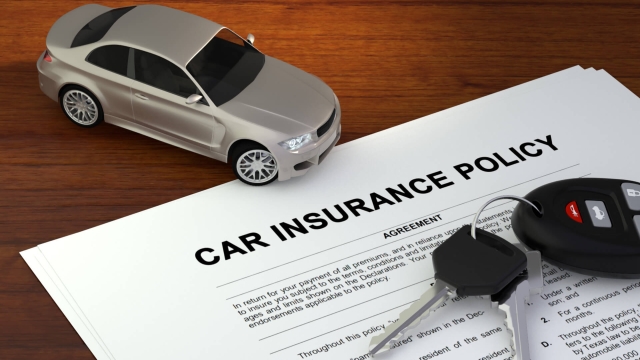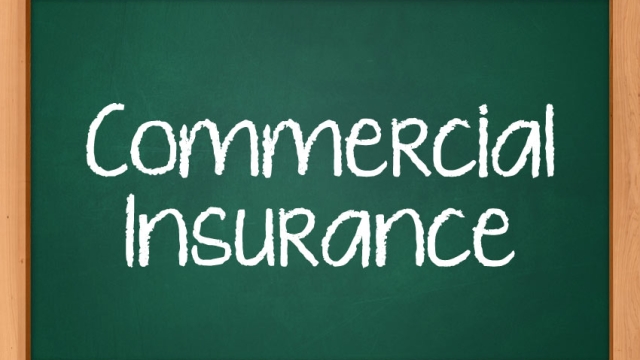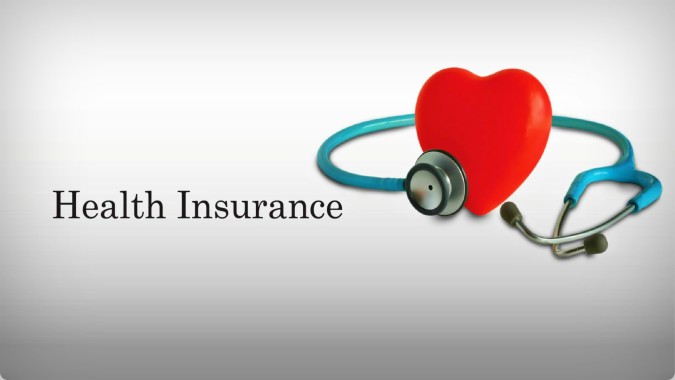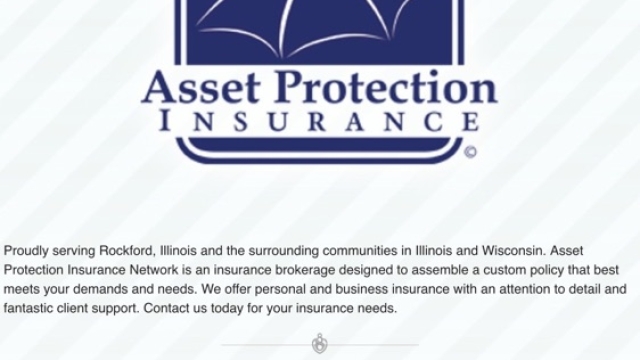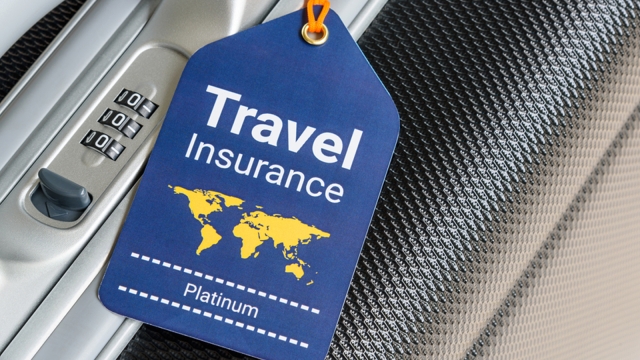
Navigating the world of commercial insurance can be a daunting task for business owners, but it is an essential aspect of risk management. Comprehensive coverage not only safeguards your business against unexpected events, but it also provides peace of mind knowing that you are protected in the face of adversity.
Business insurance, also known as commercial insurance, encompasses a range of policies designed to protect your company, its assets, employees, and customers. Whether you run a small local business or a large multinational corporation, having the right commercial insurance is crucial. It acts as a safety net, shielding your business from potential financial losses resulting from property damage, liability claims, or unforeseen events that could impact your operations.
Proper risk management is essential to any successful business, and commercial insurance plays a vital role in mitigating potential risks. By understanding the intricacies of different types of coverage, businesses can tailor their insurance plans to best suit their individual needs. This ensures adequate protection while also avoiding unnecessary costs.
In this article, we will explore ten essential tips for navigating the world of commercial insurance. From understanding key insurance terms to evaluating your business’s specific risks, we will provide practical advice to help you make informed decisions that align with both your business objectives and budget. So, let’s delve into the world of business insurance and equip you with the knowledge necessary to safeguard your company’s future.
Understanding the Different Types of Commercial Insurance
When it comes to protecting your business, having the right commercial insurance in place is crucial. There are several types of commercial insurance policies available, each designed to address different risks that businesses face. Understanding these different types of commercial insurance is essential for making informed decisions about your coverage. Let’s take a closer look at some of the key types:
-
Business Property Insurance: This type of insurance provides coverage for physical assets such as buildings, equipment, and inventory. It protects your business against losses caused by events like fire, theft, vandalism, or natural disasters.
-
General Liability Insurance: General liability insurance is designed to protect businesses from third-party claims for bodily injury, property damage, or personal injury. It covers legal fees and settlements if your business is found liable for such claims.
-
Workers’ Compensation Insurance: Workers’ compensation insurance is essential if you have employees. It provides coverage for medical expenses and lost wages if an employee is injured or becomes ill while on the job. This type of insurance also helps protect your business from potential lawsuits related to workplace injuries.
Remember, these are just a few examples of the different types of commercial insurance available. Depending on the nature of your business, you may need additional coverage such as professional liability insurance, cyber liability insurance, or commercial auto insurance. Assessing your business risks and working with an experienced insurance agent can help ensure you have the right coverage to protect your business.
Stay tuned for the next section, where we will explore key tips for selecting the right commercial insurance for your business.
Assessing and Managing Business Risks
Running a business involves inherent risks that can impact its financial stability and success. Implementing effective risk management strategies is crucial for businesses seeking to protect themselves against potential losses. Here are some essential tips to help you assess and manage business risks:
-
Identify Potential Risks: Begin by identifying the various risks that your business may face. These can include natural disasters, theft, lawsuits, equipment failure, or even cyberattacks. By understanding these risks, you can take proactive measures to mitigate them.
-
Evaluate Impact and Probability: Once you have identified the risks, assess their potential impact on your business and the probability of their occurrence. Evaluate the severity and frequency of each risk to prioritize your risk management efforts effectively.
-
Develop Risk Management Plans: Create comprehensive risk management plans that outline the steps you will take to minimize the impact of potential risks. These plans should include preventive measures, such as installing security systems or implementing backup data storage, as well as contingency plans to address unforeseen circumstances.
Remember, effective risk management is an ongoing process that requires regular review and updating. By taking proactive steps to assess and manage business risks, you can safeguard your operations and ensure the long-term success of your business.
Tips for Choosing the Right Commercial Insurance Provider
-
Research and Compare Options: When it comes to commercial insurance, it’s crucial to do your homework. Take the time to research different insurance providers and compare their offerings. Look into factors such as coverage options, pricing, and reputation within the industry. By comparing multiple providers, you can make a more informed decision.
-
Assess Your Insurance Needs: Before choosing a commercial insurance provider, assess your specific insurance needs. Determine the risks your business faces and the type of coverage required to mitigate those risks. This will help you narrow down your options and ensure that the provider you choose offers the necessary coverage to protect your business adequately.
-
Consider Financial Stability: Commercial insurance is a long-term commitment, so it’s essential to consider the financial stability of the insurance provider. Look into their financial ratings and stability indicators to ensure that they have the resources to meet their policy obligations. A financially stable provider will give you peace of mind, knowing that they can fulfill their promises in case of a claim.
Remember, choosing the right commercial insurance provider is crucial for the protection and success of your business. Take your time, assess your needs, and compare options to find the provider that best fits your requirements.







